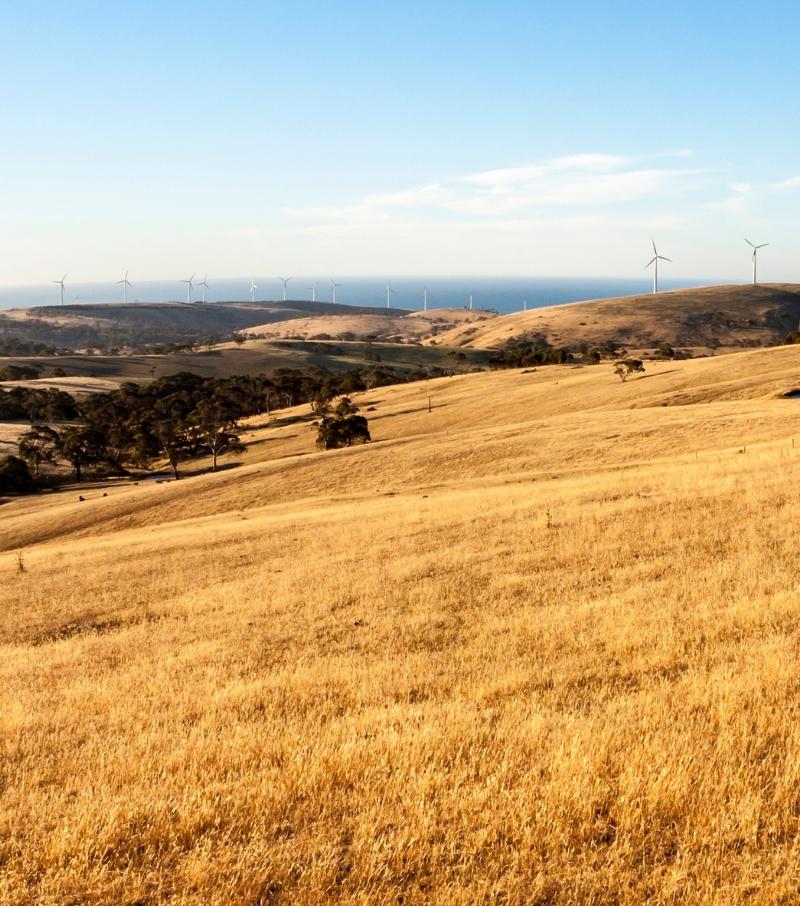The COVID-19 pandemic saw an unprecedented rise in city dwellers wanting to relocate to rural regions to have a better work life balance.
However, when buying a rural property, purchasers should fully assess the suitability of the land for their intended purpose and issues which don’t usually arise when buying in suburban Sydney must be considered, such as access rights, water licences, enclosed roads, chemical contamination, live-stock issues, disease risks.
At WMD Law, we have a team of highly skilled lawyers with extensive experience in property law and conveyancing who can assist you with these types of transactions.
When purchasing rural land, prospective buyers are encouraged to apply to the Local Land Services for a Certificate under section 203 of the Local Land Services Act 2013, which provides information regarding:
- Rates and charges
- Information on the ‘adverse affectations’ on the land
- Disease status
- Livestock health
- Chemical residues
- Pest animal populations
- Natural resource management
- Emergency risks (fire and flood)
Chemical Residues
It is important to know if there are any chemical residues on the property from plant or animal products, as this will impact the use and marketability of the property. A prospective purchaser should ask the vendor if the land is subject to any orders or notices under Schedule 6 of the Biosecurity Act 2015. Some things to consider when assessing the land:
- Diesel and fuel storage areas
- Buildings or fences that have been treated for termites
- Pesticide storage sheds
- Any used chemical drums or disposal sites
- Abandoned transformers
- Current or abandoned rubbish dumps
Livestock, Plant and Pest Diseases
There is an obligation for the vendor to report specific livestock, plant or pests diseases under Biosecurity Act 2015. However, prospective purchasers should still ask about the disease risks of the livestock, plants and pests and what control measures are currently in place to prevent the spread of disease.
The presence of any disease on the property will affect the marketability of the property and may involve the purchaser having to invest a considerable amount of money when they own the property, and so it is important to understand the pest history and status of the property before committing to any purchase.
Noxious Weeds
There is an obligation for an occupier to control the noxious weeds on their property and this is not done, then the local council may issue a Weed Control Notice.
This notice requires the occupier at their own expense to carry out work to control the weeds, failing which the Local Council may initiate court proceedings.
Prospective purchasers should enquire as to the weed control arrangements which are being implemented on the property.
Noxious animals and insects
Under the Local Land Services Act 2013, land owners are required to control declared pest animals on their land. Prospective purchasers should request a search certificate from the Local Land Services a search certificate which
- Identifies current or past pest control orders
- Provides information regarding the status of the land rates payable to the Local Land Service
- Indicates whether there are any orders issued to the property regarding biosecurity
Mining and Mineral Exploration
Rural land may be subject to mining or exploration licences under the Mining Act 1991 or the Petroleum (Onshore) Act 1991.
Before purchasing rural land, prospective purchasers should obtain a search to ascertain if any such licences exist.
If you are buying rural land in the Hunter Valley, Newcastle, Wollongong, Campbelltown, Central Coast and Lithgow, it is important to be aware of current or former underground coal mining areas within a proclaimed Mine Subsidence District.
If the land is part of the Mine Subsidence District, the board has the authority to regulate surface land use, including controlling subdivision of land and setting guidelines for the design and construction of buildings.
If you are considering purchasing a rural property and you would like to know more, please do not hesitate to contact our dedicated team of lawyers and conveyances on 9525 8688 or email wmd@wmdlaw.com.au. Please also feel free to download our free Property eGuide.






